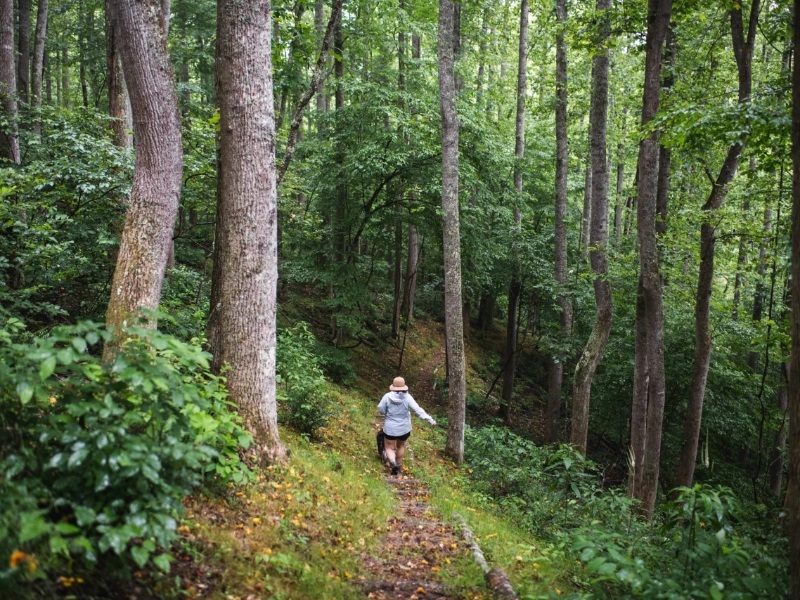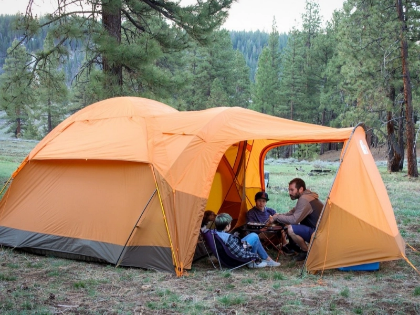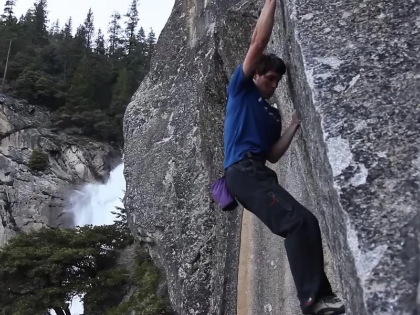Trekking and backpacking are other names for the activity of hiking. The majority of long-distance walking trails in England and Wales, including the Cotswold Way, contain the term "way" in their names. Hiking in mountains and moors is sometimes called "hillwalking" or "fell walking" in Northern England (which includes the Lake District).
Sources

One of the core components of many sports and activities, including mountain climbing and backpacking, is hiking. It is also a necessary component of field trips of all kinds, photography, bird watching, and leisure walks. The Romantic movement was transforming people's perceptions of nature in the 1700s, which is when the idea of hiking first appeared in Europe.
Until recently, people would typically go on lengthy hikes as religious pilgrimages or out of necessity. Walking trips in the countryside by poets like Wordsworth are credited with the development of hiking as a recreational pastime in eighteenth-century Europe.
While hiking can be risky in certain situations, including bad weather or traversing rivers and glaciers, it has grown in popularity as a leisure activity for people all over the world. Hiking enthusiasts frequently become members of hiking clubs, which enable them to enhance their abilities and spread their enthusiasm to others. Even though hiking can be highly taxing, it's a really satisfying and fun exercise.
In other words

A fantastic way to gain fitness and take in the beauty of nature is to go hiking. It may also be an excellent chance to gain additional knowledge about a specific region or culture. While some hikes last only a few hours or a day, others can stretch up to several days.
Trekking is different from hiking in that trekking is more of a journey than a simple walk. Compared to hiking, trekking might be more challenging and require more equipment.
Some words, like commuter and rare (as in underdone meat), may have different spellings in British and American English. Nonetheless, both sides of the Atlantic agree on the meaning. Additional instances comprise tuxedos, seafood, interns, and lumber.
Application

Throughout the seventeenth century, hiking—a type of walking—developed for leisure reasons throughout Europe. It is closely associated with other UK activities, such as rambling and hillwalking. Particularly in England, where it is a component of the Duke of Edinburgh's programme for boys and girls, hiking is occasionally employed as a fitness test. In addition, it is a component of the Nijmegen marches in Sweden and the Netherlands.
Trekking and hiking are frequently used interchangeably. Nonetheless, their meanings range slightly from one another. Trekking requires longer distances and is more strenuous than hiking. Conversely, most people agree that hiking is a more enjoyable exercise.
Faffing around is the verb for taking a lengthy time to do a task that could be completed considerably more quickly. This is a very British habit that may be highly infuriating. Isambard Kingdom Brunel would be proud of your inept attempt at fixing something, which is another way to characterise faffing around.
Meaning and Origin

There are many idioms and expressions in the English language that may be very perplexing to non-UK speakers. A 'curtain twitcher' is someone who watches their neighbours via the window, whereas the phrase "a load of tosh" refers to something that is terrible.
"Pea-souper" is another well-known British expression that describes the heavy, black, and yellow haze that descends upon cities as a result of air pollution. The moniker is allegedly derived from the smog's pea soup-like appearance.
Although hiking is very popular in England, it's also very common in other nations. For instance, it's referred to as hiking in the Netherlands and Sweden. Trekking differs slightly from hiking in that it usually involves more work and is perceived as more of a journey. It can go on for several days and also include trekking over different terrain. It becomes more difficult and daring as a result.
Advertisement
Recommended Reading: Will Hiking Make You Toned?
























Noted for future synthesis.
Avoids accidental centralization.
Good anti-bikeshedding structure.
Strong candidate for a design pattern.
Elegant constraint application.